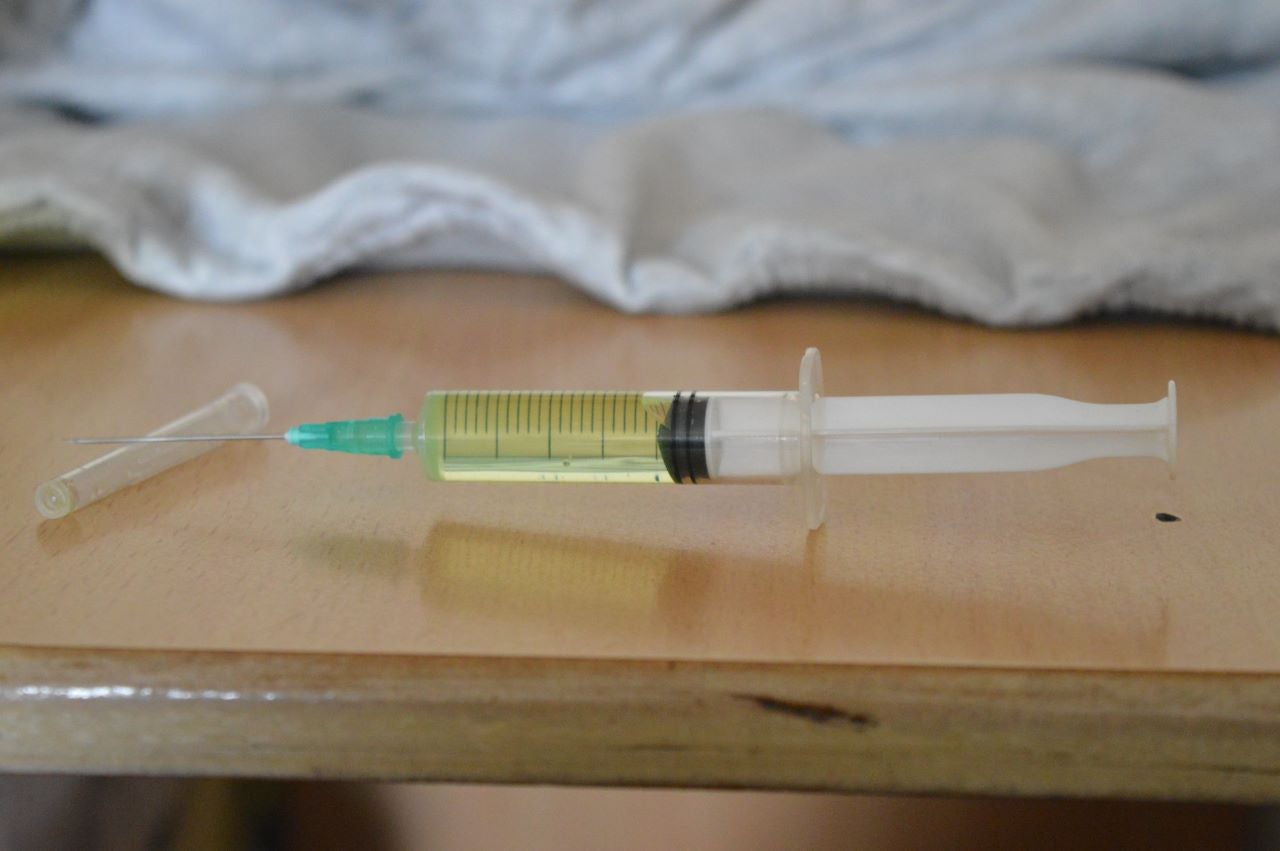
Takeda has announced final positive results from the Phase III HELP (Hereditary Angioedema Long-term Prophylaxis) Study Open Label Extension (OLE) analysing Takhzyro (lanadelumab-flyo).
The trial of Takhzyro in hereditary angioedema (HAE) patients aged 12 years or above showed that the antibody aided in preventing and reducing the frequency of attacks long term for those who received the treatment for a mean duration of 29.6 months.

Discover B2B Marketing That Performs
Combine business intelligence and editorial excellence to reach engaged professionals across 36 leading media platforms.
Takhzyro is a fully human monoclonal antibody that specifically attaches and lowers plasma kallikrein.
HAE is a rare genetic disorder that results in recurring attacks of oedema in various parts of the body.
The study analysed the long-term efficacy and safety of Takhzyro in 212 HAE patients for up to 2.5 years.
Rollover patients who were part of the HELP Study were given a 300mg dose of Takhzyro initially and then every two weeks after their first attack.

US Tariffs are shifting - will you react or anticipate?
Don’t let policy changes catch you off guard. Stay proactive with real-time data and expert analysis.
By GlobalDataNon-rollover patients received a 300mg dose every two weeks.
Trial data showed that the mean HAE attack rate was reduced by 87.4% versus baseline.
Moreover, in a pre-specified exploratory endpoint, nearly 70% of patients who received Takhzyro 300mg every two weeks had an attack-free period of over 12 months.
The latest results showed that the safety and efficacy profiles of the antibody were consistent with the HELP Study.
Takeda Rare Immunology and Metabolic Diseases, Chief Medical Office global medical head Donatello Crocetta said: “In 2018, we received the first regulatory approvals for Takhzyro as a first-of-its-kind monoclonal antibody preventive therapy in HAE, and we have already seen the difference it has made by preventing attacks in many patients around the world.
“Continued research such as the HELP Study OLE is critical to further build our understanding of the potential of Takhzyro as a long-term preventive treatment option for those living with HAE.”





